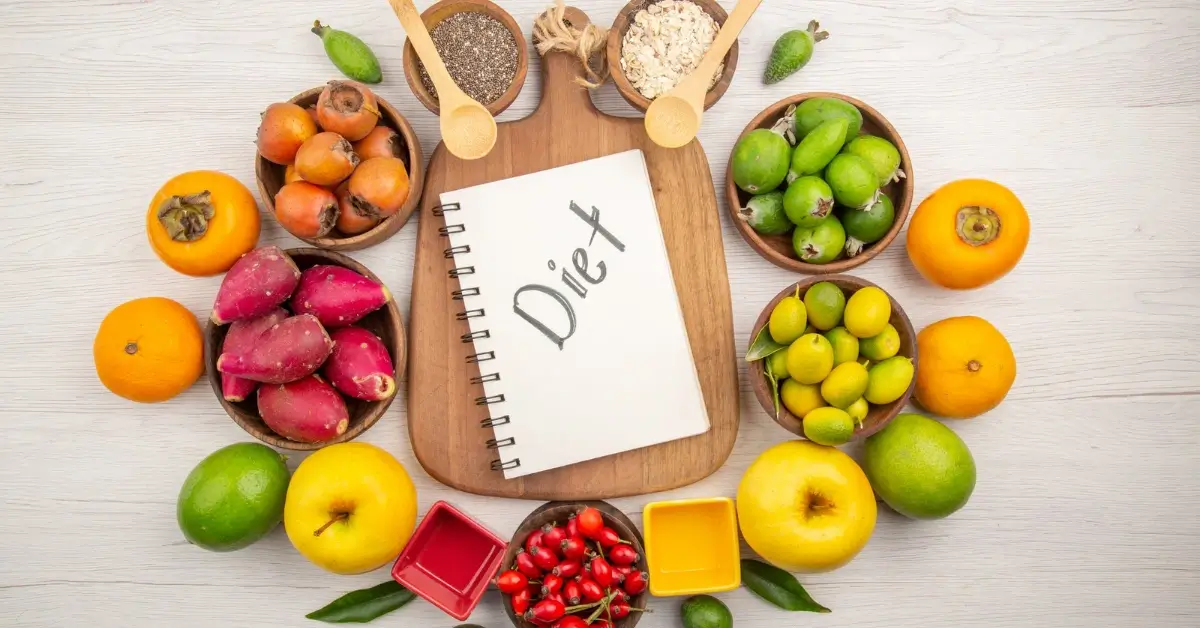Got a rumbling tummy or constant bloating? Your digestive health plays a huge role in your overall well-being. A balanced gut not only supports digestion but also strengthens your immune system, boosts energy, and even improves your mood. The secret to a healthy gut is eating the right foods that nourish your gut microflora.
If you’ve been wondering how to improve gut health naturally or how to increase good bacteria in the gut quickly, this guide will walk you through the best foods to eat, what to avoid, and how to balance your gut microbiome.
What is Gut Microflora and Why Does It Matter?
Your gut microflora (also called gut microbiota or gut microbiome) is the ecosystem of bacteria, fungi, and microorganisms that live in your digestive tract. These microbes:
- Break down food
- Produce essential nutrients like vitamins
- Help fight off harmful pathogens
- Support metabolism and immunity
When balanced, your gut thrives. But when disrupted, you may face digestive issues and even health problems beyond your stomach.
Signs of an Imbalanced Gut Microflora
If your gut health is off balance, you may notice:
- Bloating and excessive gas
- Cravings for sugary or processed foods
- Irregular bowel movements (constipation or diarrhea)
- Stomach cramps and discomfort
- Fatigue and poor sleep
- Skin problems like acne or rashes
- Mood swings and irritability
If these symptoms persist, consult a gastroenterologist for tailored guidance.
How to Improve Gut Health Naturally Through Diet
The best way to restore balance is through your diet. Let’s explore the foods that increase good bacteria in the gut naturally and promote long-term gut health.
1. Probiotic-Rich Foods
Probiotics are live beneficial bacteria that can repopulate your gut with healthy microbes. They improve digestion, boost immunity, and reduce inflammation. Examples include:
- Yogurt with live cultures
- Kefir (fermented milk drink)
- Sauerkraut (fermented cabbage)
- Kimchi (fermented vegetables)
2. Prebiotic Foods
Prebiotics are non-digestible fibers that feed good bacteria in your gut. Think of them as fertilizer for probiotics. Great sources are:
- Garlic, onions, leeks, shallots
- Asparagus, spinach, broccoli, artichokes
- Bananas, apples, pears, and berries
- Legumes like lentils, chickpeas, and beans
3. Polyphenol-Rich Foods
Polyphenols are plant compounds with antioxidant and anti-inflammatory effects. They also support a healthy gut microbiome. Add more of these to your diet:
- Blueberries, raspberries, strawberries
- Green tea
- Nuts and seeds (almonds, walnuts, flaxseeds, chia seeds)
4. Fermented Foods
Fermented foods naturally contain living microorganisms that improve gut flora balance. Options include:
- Miso
- Tempeh
- Kombucha
- Pickled vegetables
Foods That Harm Gut Microflora
While some foods heal gut inflammation, others can damage your microbiome. To improve gut microflora, try limiting:
- Processed foods – sugary snacks, fried fast foods, artificial sweeteners
- Excessive alcohol – disrupts bacteria balance and causes inflammation
- Artificial preservatives – common in packaged and processed foods
Lifestyle Habits to Boost Gut Health Naturally
In addition to diet, simple lifestyle habits help maintain a balanced gut:
- Stay hydrated with water and herbal teas
- Get at least 7–8 hours of quality sleep
- Exercise regularly to improve digestion and reduce stress
- Practice mindful eating instead of rushing meals
- Reduce stress through yoga, meditation, or breathing exercises
Final Thoughts
Improving gut microflora doesn’t require drastic changes. By adding probiotic, prebiotic, polyphenol-rich, and fermented foods to your daily diet—and avoiding heavily processed foods you can increase good bacteria in the gut naturally and heal inflammation.
Remember: gut health is unique for everyone. If you’ve been struggling with gut-related issues for a long time, consult a gastroenterologist for a personalized plan.
FAQs About Gut Microflora and Gut Health
Q1. How can I increase good bacteria in my gut quickly?
Eating probiotic-rich foods like yogurt, kefir, kimchi, and sauerkraut can quickly boost your gut bacteria. Pairing these with prebiotics such as garlic, onions, and bananas accelerates the effect.
Q2. What foods heal gut inflammation?
Foods like berries, green tea, leafy greens, nuts, and omega-3 rich foods (salmon, flaxseeds) reduce inflammation and support gut healing.
Q3. How to improve gut microflora naturally without supplements?
Focus on a whole-food diet rich in probiotics, prebiotics, and fermented foods. Stay hydrated, exercise, and avoid processed foods.
Q4. How long does it take to improve gut health naturally?
You may notice improvements in 2–4 weeks with consistent dietary and lifestyle changes, though complete gut microbiome balance can take several months.
Q5. Can poor gut health affect skin and mood?
Yes. An imbalanced gut can trigger acne, eczema, and skin irritation, as well as mood swings, anxiety, and poor sleep due to the gut-brain connection.


